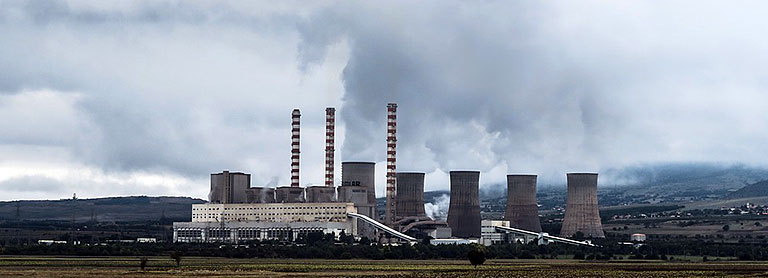Last week the Renewable Fuels Association (RFA) reported that President Trump is preparing to direct the Environmental Protection Agency (EPA) to make a big change to the country’s Renewable Fuel Standard (RFS). The change is one that has been long sought by refiners, but it has been resisted by the country’s biofuel industry. Today I will attempt to explain what it all means.
Briefly, the U.S. has certain biofuel mandates in place. To track compliance, renewable identification numbers (“RINs”) are assigned to biofuels as they pass through the supply chain. Ultimately, those defined as “obligated parties” are required to submit their quota of RINs to the EPA to demonstrate compliance.
Compliance can be met by purchasing the fuel with the associated RIN, or simply purchasing the RINs (which can be separated from the associated biofuel). This means that there is a value for RINs that has the effect of offsetting some of the production cost for the biofuel producer. This system subsidizes biofuels at the expense of both the obligated parties and the final consumer.
Most oil companies and refiners loathe biofuel mandates, but this particular issue revolves around the definition of “obligated party.” Valero is the largest refiner in the U.S. and an obligated party under the current system. Even though the company produces some of its own ethanol, RIN compliance cost the company 0 million in 2016. To put that number in perspective, Valero reported 2016 adjusted net income attributable to Valero stockholders of .7 billion.
Valero and other refiners want to redefine “obligated party” to mean the entity that holds title to the fuel immediately prior to sale from the bulk transfer/terminal system to a wholesaler, retailer or ultimate consumer. These are the same entities required to report federal excise tax liability for the gasoline or diesel they sell. (See Valero’s petition for the rule change here).
Valero’s primary objection to being an obligated party is that refiners are not (necessarily) the final blenders of fuel, and therefore they may have no direct impact on how much ethanol gets blended into the fuel. The entity that actually blends the fuel and sells it into the marketplace has the greatest power to actually meet the obligation, and they should, therefore, be obligated, and thus incentivized, to do so. Valero also asserts that such a change would substantially reduce the opportunity for RIN fraud and RIN speculation because the parties with the obligations would be those who separate the RINs from the fuel and must turn them in.
Who opposes such a move? The fuel marketers and retailers, who in many cases are making profits by selling RINs back to the refiners. Then there are various renewable fuel groups. I think their primary fear is that putting that large compliance obligation on smaller businesses (as opposed to multi-billion refiners) could cause a backlash against the entire idea of renewable fuel mandates. It would open a can of worms they would rather leave closed.
So what’s going to happen? The White House denied that such an order is pending, but Carl Icahn has been a vocal critic of the current system. He is the majority owner of refiner CVR Energy. More importantly, he is advising President Trump on the issue.
Expect the change to happen. It’s likely to hurt ethanol companies in the long run and should improve the fortunes of some refiners at the expense of marketers and retailers. Ultimately, the change is going to put the spotlight on the nation’s biofuel mandates, and it may just be the tip of the iceberg.
Link to Original Article: The Ethanol Industry Braces for Impact







